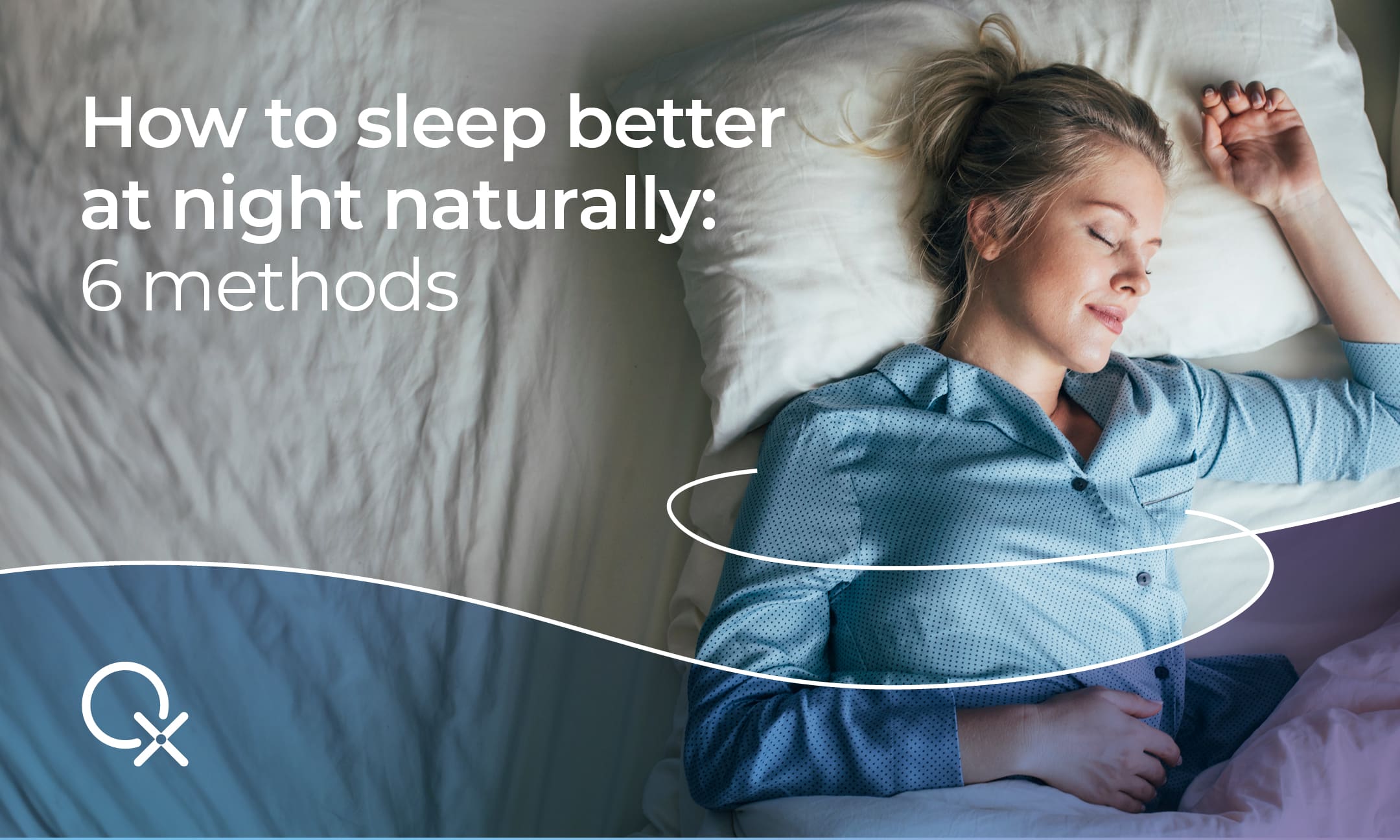
Restful nights and energized mornings are often the result of good sleep hygiene. Steering clear of pharmaceuticals, this article explores six simple yet effective natural methods for improving sleep quality especially if you struggle with insomnia.
Insomnia is a sleep disorder characterized by difficulty falling asleep or staying asleep, or by experiencing non-restorative sleep. To deal with insomnia, individuals can practice good sleep hygiene, such as maintaining a consistent sleep schedule and creating a comfortable sleep environment.
The amount of sleep needed depends on age, with adults generally requiring 7-9 hours per night. However, individual needs may differ, and factors such as lifestyle, health conditions, and stress levels can influence sleep requirements. It’s important to pay attention to your body’s signals and adjust your sleep duration accordingly to ensure you feel rested and alert during the day.
Transforming your bedroom into a tranquil space sets the stage for restorative rest. It includes decluttering, painting the walls peaceful colors, turning on calming music for sleep, and banning electronic devices at least an hour before bedtime.
If overthinking keeps you up at night, you can consider thought blocking. An example of thought blocking is articulatory suppression, where you repeat a word or phrase at a steady pace. For instance, mouthing a nonsensical syllable like “pah” can occupy your mind and prevent other thoughts from intruding, helping you fall asleep more easily.
You can actually improve your sleep by spending less time in bed. Sleep restriction therapy purposely induces mild sleep deprivation and works by breaking the association between bed and wakefulness.
Found to have a significant effect on patients with insomnia, acupuncture can boost the release of neurotransmitters involved in sleep regulation, such as serotonin and dopamine, helping to regulate sleep-wake cycles.
If you struggle with insomnia and are considering acupuncture, make sure to consult a trained acupuncturist for personalized treatment. Acupuncture is the most effective when combined with other therapies.
Inhaling essential oils like lavender, bergamot and chamomile has long been believed to help with insomnia by calming the nervous system and reducing anxiety. Scientific research indeed confirms that incorporating essential oils into your bedtime routine may promote better sleep, although individual responses vary.
What is the best essential oil for sleep?
Several studies suggest that lavender essential oil can improve sleep quality and duration without causing unwanted sedative effects. Research from 2013 has shown potential benefits of lavender aromatherapy or oral administration for improving sleep. The study involved various populations, including healthy individuals, patients with anxiety disorders, and those with insomnia or other medical conditions.
Stress often disrupts sleep patterns, leading to problems such as insomnia or restless sleep. These issues can create a vicious cycle, as poor sleep further exacerbates stress levels. Biofeedback technology offers a promising solution by providing individuals with real-time information about their physiological responses to stress, such as heart rate or muscle tension. By learning to control these bodily functions through biofeedback training, you can effectively manage stress and improve sleep quality, breaking the cycle of stress-induced sleep disturbances.
Dr. Márta Simon is a neurologist, somnologist and health coach. She resides in Budapest, Hungary where she runs her own biofeedback practice and natural beauty clinic.
+1 (989) 681-1063
+1 (856) 322-8589